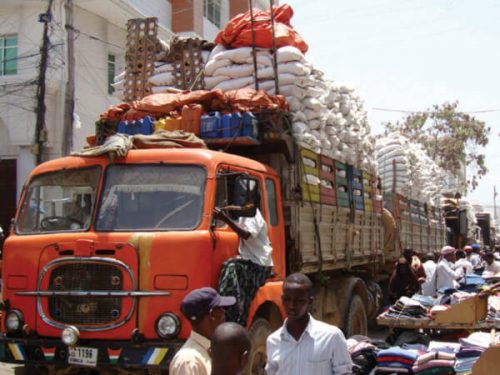A senior agricultural economist with the World Bank, Adetunji Oredipe, has said that Nigeria’s position as one of the largest food importers in the world has jeopardised its economy, leading to the country “living on borrowed time”.
Speaking on Thursday at the Agriculture Summit Africa, Oredipe said Nigeria would have been earning at least $10 billion if it had held on to its market share in palm oil, cocoa and groundnut production.
Giving an illustration, he said Nigeria spent $965 million on the importation of wheat, $39.7 million to import rice and $100.2 million on sugar importation in 2016 alone.
He said the decision to spend $655 million on fish importation seems financially irresponsible, given all the marine resources, rivers, lakes, and creeks in Nigeria.
“None of the above transactions (importation of rice, fish, sugar) is fiscally, economically, or politically sustainable.
“Nigeria is tragically living on borrowed time, a typical case of robbing Paul to pay Peter. For instance, each time we spend money to import rice, Nigerian local rice farmers are negatively affected in terms of morale, sales, and realizable income,” he said.
